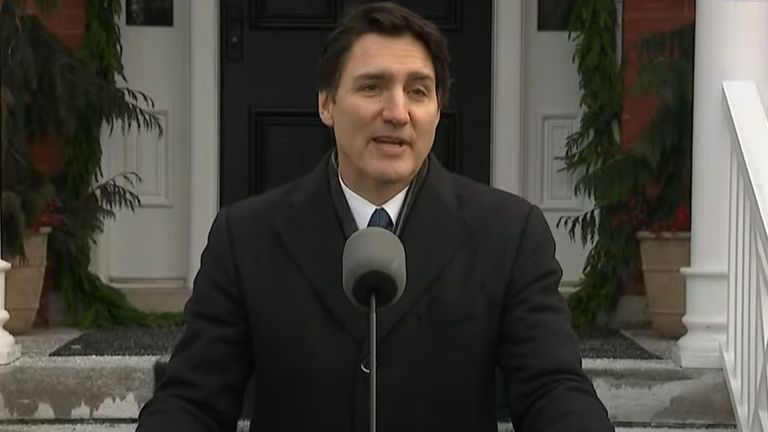
In a surprising turn of events, Prime Minister Justin Trudeau has announced his resignation, marking the end of a significant chapter in Canadian politics. Trudeau’s decision has sent shockwaves through the political sphere, sparking discussions about his legacy, the future of the Liberal Party, and the broader implications for Canada’s political landscape. In this article, we delve into the reasons behind Trudeau’s resignation, the immediate reactions, and what lies ahead for Canada’s political future.
The Announcement: Trudeau Steps Down
Justin Trudeau’s resignation comes after a long tenure marked by both triumphs and challenges. His leadership saw Canada through significant social and economic changes, but also faced criticism and controversy. The announcement, made in a heartfelt address to the nation, highlighted his commitment to the country’s future and the need for new leadership to tackle emerging challenges.
Legacy of Change: Trudeau’s Achievements and Challenges
- Social Progress and Policy InitiativesTrudeau’s tenure was characterized by significant social progress, including the legalization of cannabis, advancements in LGBTQ+ rights, and efforts towards reconciliation with Indigenous communities. His government’s focus on diversity and inclusion set new benchmarks for Canadian society. However, these achievements were often overshadowed by criticisms regarding implementation and scope.
- Economic Policies and Environmental CommitmentsOn the economic front, Trudeau’s administration implemented policies aimed at strengthening the middle class and promoting sustainable growth. His strong stance on environmental issues, including the carbon tax, positioned Canada as a leader in global climate discussions. Despite these efforts, challenges such as pipeline debates and fiscal deficits remained contentious.
Political Dynamics: Reactions and Implications
Trudeau’s resignation has sparked a flurry of reactions from political allies and opponents alike. Within the Liberal Party, there’s a sense of urgency to find a successor who can uphold Trudeau’s vision while navigating new political realities. Opponents, meanwhile, see this as an opportunity to challenge the Liberal stronghold and reshape Canada’s political direction.
What’s Next for the Liberal Party?
The Liberal Party now faces the critical task of selecting a new leader who can unify the party and appeal to a broad spectrum of voters. Potential candidates must be ready to address pressing issues such as healthcare, economic recovery post-pandemic, and Canada’s role on the global stage. This transition period will test the party’s resilience and adaptability.
Impact on Canadian Politics: A New Era
Trudeau’s resignation marks a pivotal moment in Canadian politics, opening the door for potential shifts in policy and governance. As the country anticipates new leadership, questions arise about the future direction of key national issues and Canada’s position in international affairs. This change presents both challenges and opportunities for political renewal and innovation.
Reflecting on Trudeau’s Legacy and Looking Forward
Prime Minister Justin Trudeau resignation signifies a significant shift in Canadian politics. While his tenure was marked by notable achievements and ongoing debates, his departure sets the stage for new leadership and potential change. As Canada moves forward, the focus will be on how the next chapter unfolds and the legacy Trudeau leaves behind.

